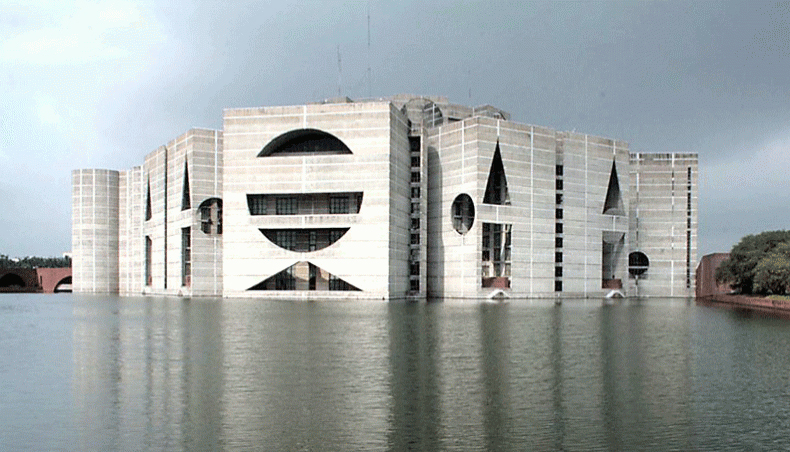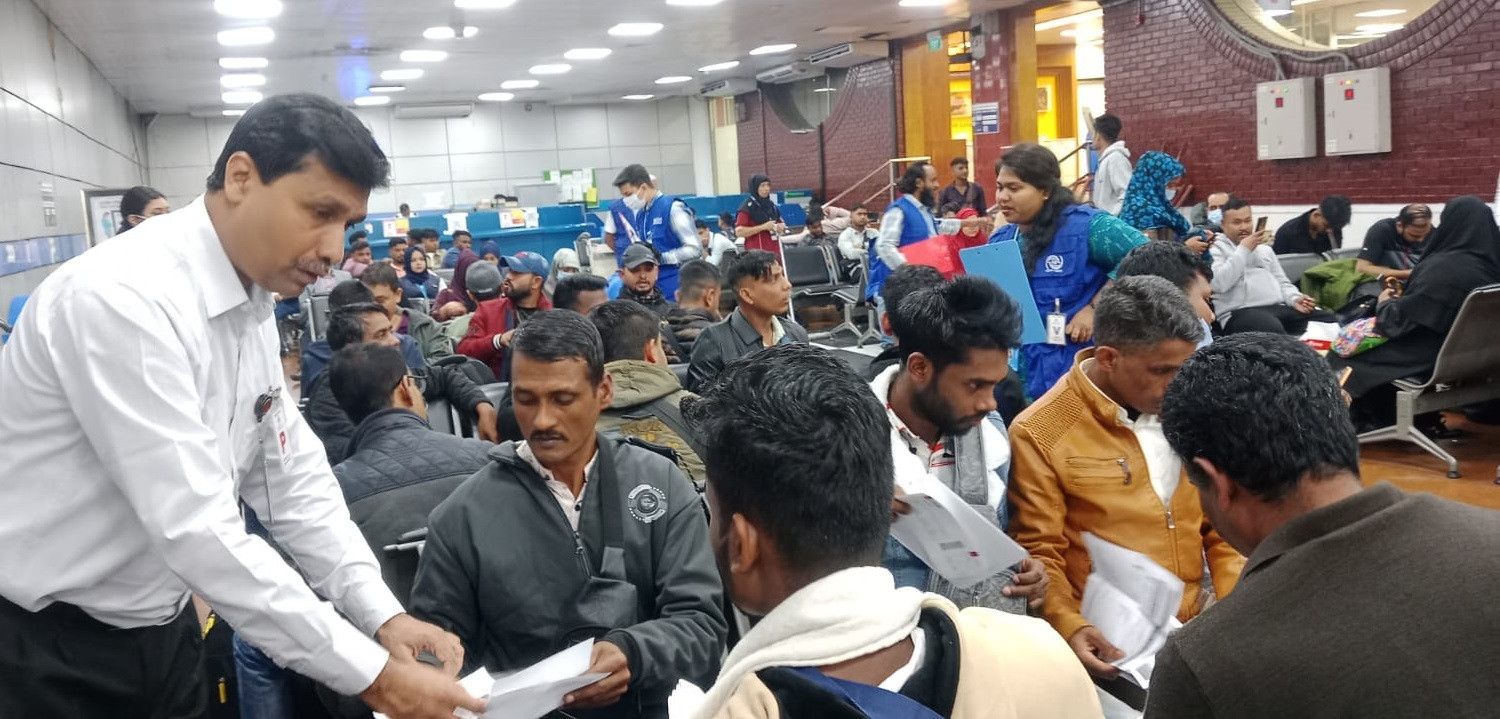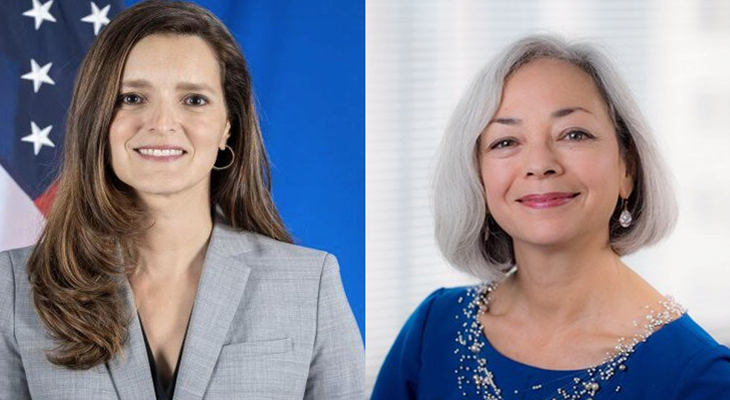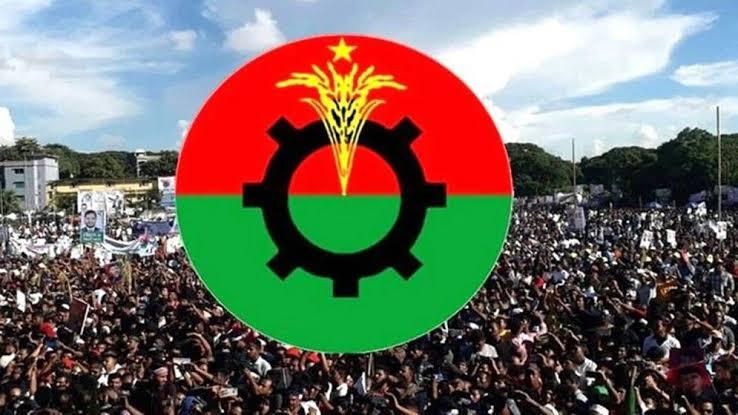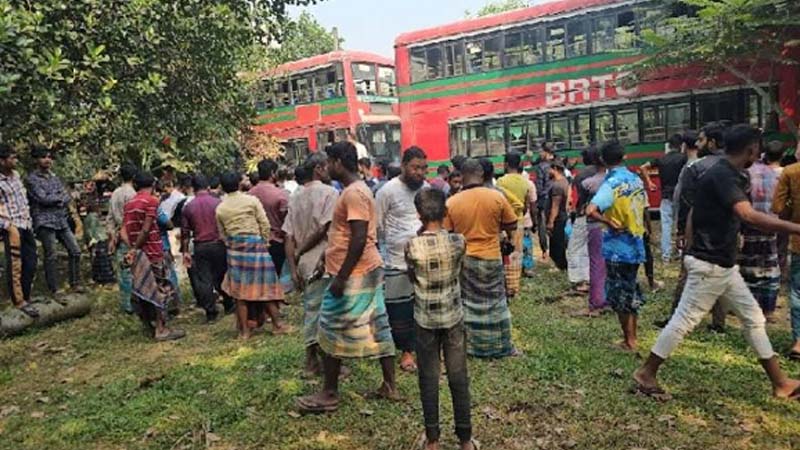The country is in a process of depoliticisation with a gradual decline in the number of politicians in the Jatiya Sangsad, lack of oppositional political activism outside the parliament, criminalisation of politics and the absence of a credible electoral process, according to politicians and members of the civil society.
They also observed a widening vacuum in politics with a waning participation of politicians in the parliament in recent time.
‘There is a regime in power, comprising a section of politicians, businesspeople and retired people from the administration, which has depoliticised the entire political system and the electoral process,’ Bangladesh Nationalist Party standing committee member Amir Khasru Mahmud Chowdhury told New Age on Wednesday.
‘Depoliticisation is detrimental to any country,’ he went on.
He observed that the country had been going through a political void in the absence of a normal democratic environment for too long, adding that it is run using fear psychosis with the help of state apparatuses.
Emphasising the need for filling the void, he said that restoration of democracy, people’s ownership of power, law and order, media freedom and security of life by establishing a representative government were the destination for the democratic forces.
‘Bangladesh has to reach this destination,’ he stressed.
On a question about intra-party democratic practices within the BNP, he claimed that the party had started working to ensure elected leadership at all levels of it.
The party’s national standing committee now convenes a meeting every week to make decisions after holding discussions based on an agenda, he said, adding that it is better to make decisions in a body instead of individually.
The BNP held its last triennial national council in March 2016 and the party’s national executive committee has not met once, the party’s vice-chairman Hafiz Uddin Ahmed has said recently.
The Communist Party of Bangladesh’s presidium member Haider Akbar Khan Rano, too, observed that the country had been in a process of depoliticisation for many days in the absence of a healthy political process.
The political process is not normal without democratic practices in Bangladesh as there are political parties with hardly any political activities due to the criminalisation of politics and the prevalence of corruption, he told New Age on Wednesday.
Quarters are active to squiz the political process and extremists are out to fill the void created, said Rano.
The septuagenarian politician emphasised building up mass organisations and forging a people’s movement to get rid of the process of depoliticisation.
‘There is no alternative to it,’ he observed.
Transparency International Bangladesh executive director Iftekharuzzaman said that 17.5 per cent of the members of the first parliament of the independent Bangladesh in1973 were businessmen, but their proportion rose to 59 per cent in the 10th parliament and 61 per cent in the current 11th parliament.
Only 5 per cent of the current MPs are politicians while the figure was 7 per cent in the 10th parliament, according to the Parliament Watch published by the TIB.


